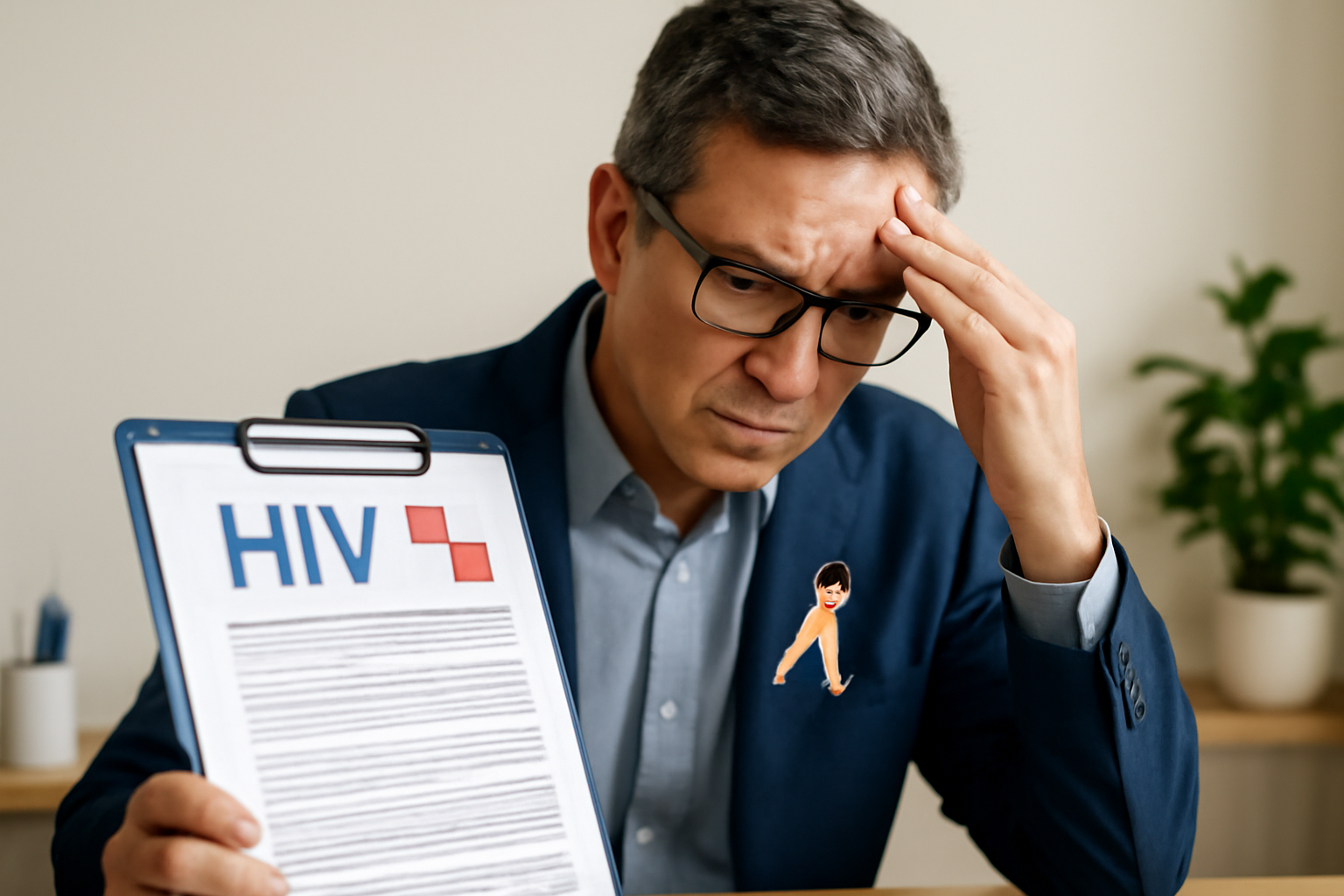
Potential Impact on HIV Prevention Efforts
The current administration is reportedly considering significant reductions in funding for federal HIV prevention initiatives, raising alarms about the possible dismantling of the HIV prevention division at the Centers for Disease Control and Prevention (CDC). According to insiders familiar with the discussions, such actions could precipitate a public health crisis.
Although a definitive decision has yet to be announced, a memorandum circulating among HIV advocacy circles suggests that the proposed changes could be enacted swiftly. This development has prompted considerable concern among experts and activists who fear the repercussions for national health outcomes.
Broader Implications for Public Health
One source indicated that the administration might slash up to $700 million from the CDC's HIV division budget or potentially integrate it into the Health Resources and Services Administration. However, this agency primarily manages the Ryan White HIV/AIDS Program, which focuses on treatment rather than prevention.
Andrew Nixon, a representative of the Department of Health and Human Services, assured that any changes would aim to maintain high standards of service for Americans. Nonetheless, health experts unanimously argue that the move could jeopardize current progress. "Suspending prevention programs now means greater costs in the future — in terms of lives, economic stability, and overall public health," commented Jirair Ratevosian, a Yale University research scientist and global health authority.
Progress at Risk
The United States has achieved noteworthy advancements in combating HIV/AIDS, with new infections dropping by over two-thirds since the epidemic's peak. From 2018 to 2022, infection rates decreased by 12%, particularly among young individuals aged 13-24, largely due to initiatives like the CDC's Ending the HIV Epidemic Initiative, which aims to reduce new infections by 90% by 2030.
Public health leaders express concern that the current administration's proposals could negate these gains. Stacie Walls, CEO of the LGBT Life Center in Norfolk, Virginia, emphasized the potential loss of two decades of efforts in HIV and STI prevention. "These programs provide vital services beyond testing," she noted. "They address issues like homelessness and food insecurity, with immeasurable public health benefits."
Economic Considerations
Jesse Milan, head of the nonprofit AIDS United, highlighted that each new HIV transmission imposes lifelong healthcare costs. Maintaining prevention initiatives not only protects public health but also has economic advantages by reducing future healthcare expenses.
Ironically, the CDC's Ending the HIV Epidemic Initiative was introduced by the previous administration as part of a 10-year plan to end the epidemic. The apparent shift in policy direction now threatens to unravel these efforts.
Call to Action
Experts stress the critical timing of this decision, suggesting that halting progress now could be detrimental. "We have an opportunity to elevate HIV prevention efforts," Ratevosian stated. "Abandoning these programs poses a direct threat to public health."
He further cautioned that the anticipated cost savings from cutting these programs would be short-lived and counterproductive. "Preventing HIV infections saves significant healthcare costs over time. A robust prevention strategy benefits not only those at risk but the broader public health infrastructure," he explained.
Investing in prevention supports national economic growth, and curtailing these efforts now will likely result in higher costs to restore progress later.
Stay informed on issues affecting the LGBTQ+ community by subscribing to updates and newsletters that highlight key developments and challenges.
Related Posts
Triumphant Trans Woman Wins Legal Battle and Inspires Others to Stand Up for Their Rights
Breaking new ground: a landmark victory in transgender rights After battling in courtrooms and enduring endless challenges, Diana Portillo, a transgender woman, has secured a monumental victory in her decade-long fight against workplace discrimination. The result? Nearly $1 million awarded in a historic settlement. But this isn't just a win on paper—it represents a powerful precedent in combati [...]
Pride Month in Latin America: Protests and Demands for Equality
**Celebrating Pride and advocating LGBTQ+ rights in Latin America** Pride Month in Latin America was a lively mix where celebration met activism. Communities united, not just throwing a party but making a stand—demanding equality and pushing governments toward better protection and rights recognition. Throughout Latin America, pride events erupted in marches and cultural displays, each with a c [...]
Transgender Erasure Actions Implemented by National Park Service
```html Trump administration's impact on national park service and transgender recognition The Trump administration made notable moves in undermining transgender representation, which included directing agencies like National Park Service not include "T" and "Q" when they refered “LGBTQ” in any official communication. This move seems part a broader plan by this administration aimed at reducin [...]